Water quality surveys

Our citizen scientists have been collecting important water quality data to help us understand where improvements for the River Chess could be made.

In the first year of the project, we created a baseline assessment of water quality in the Chess catchment.
We knew this would help us identify what major issues the River Chess faced and could then decide how to try and tackle them using citizen science to fill in any knowledge gaps.
Read the baseline report
As a result of the baseline assessment, we had a number of questions relating to water quality of the River Chess:
Summer temperatures
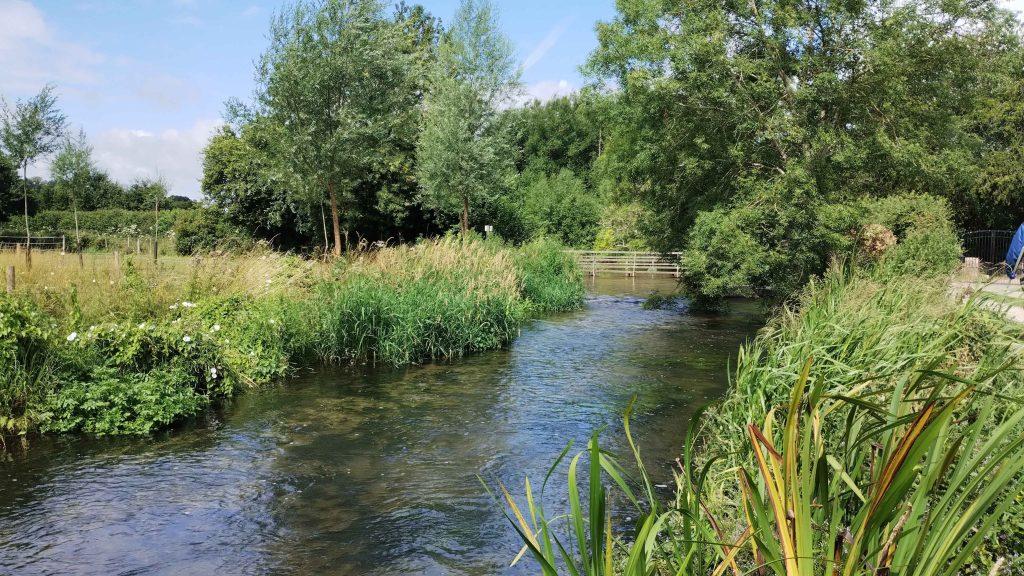
What water temperatures is the River Chess reaching during summer heatwaves, and are these temperatures likely to be stressful for key species?
Storm tank overflows
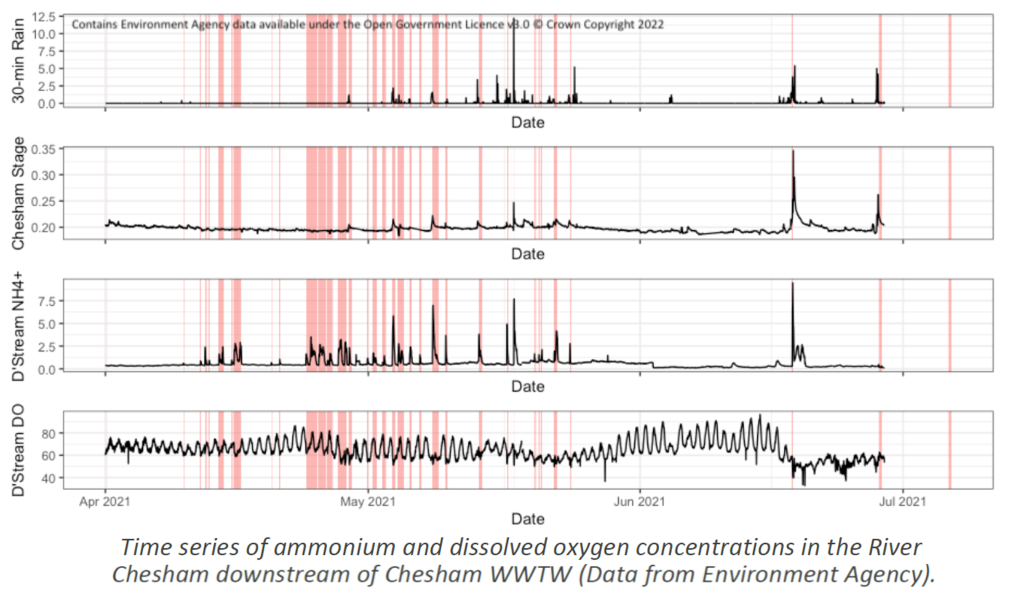
How do storm overflow events from Chesham sewage treatment work impact overall water quality of the River Chess?
Sewer misconnections
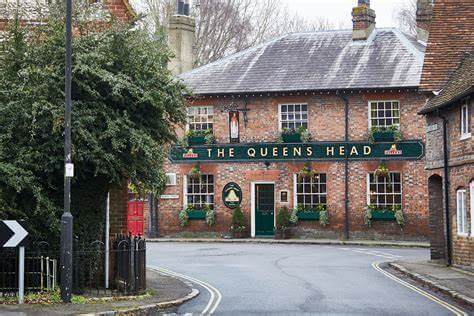
How are ammonium, turbidity and dissolved oxygen levels impacted by sewer misconnections in urban environments (Chesam, Rickmansworth)?
Nutrient levels
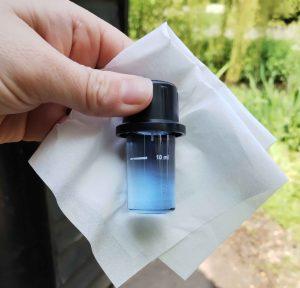
What is causing an increase in phosphate and nitrate levels in the mid-reaches of the River Chess between Sarratt and Solesbridge Lane?
Siltation
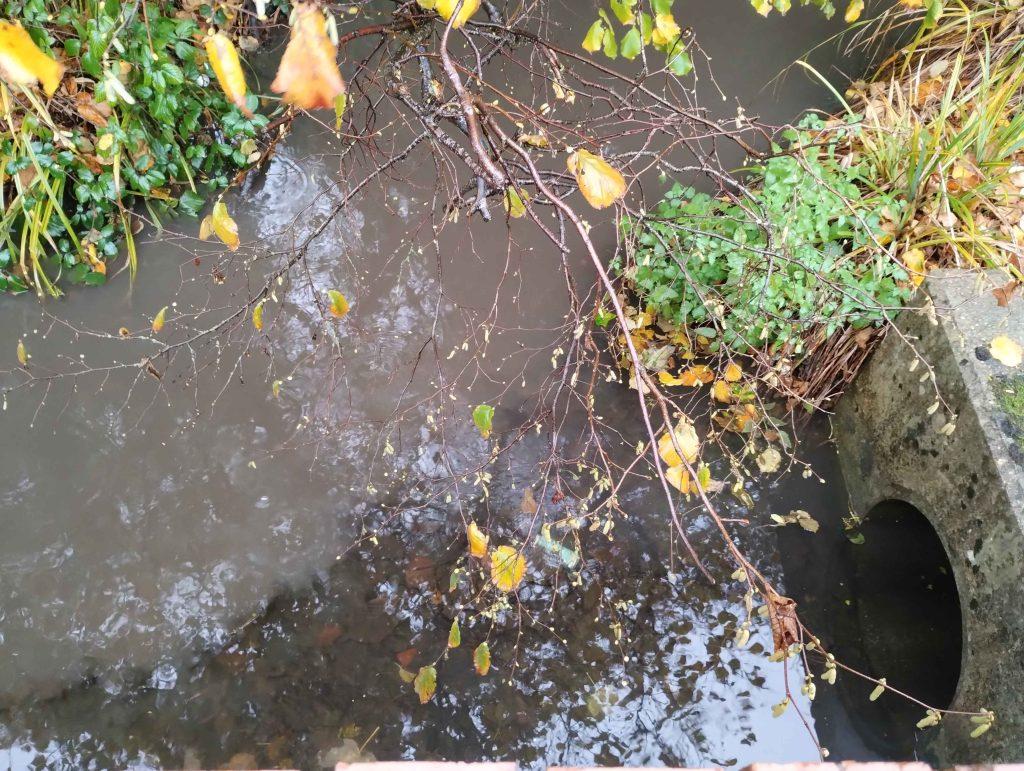
Where are the worst problem areas for siltation of sediment in the River Chess, and where is the sediment coming from?
Water quality citizen science methods
We therefore developed and integrated a range of citizen science monitoring methods, to build up an evidence base of water quality issues.
The Chess Smarter Water Catchment project has been and is continuing to collect a range of data from its various water quality surveys, none of which we could do without the help of our citizen science volunteers.

Water quality sondes
We have six water quality sondes carrying numerous sensors in locations throughout the River Chess.

NOSES
NOSES (Nutrient Ongoing Scrutiny Evaluation Surveys) is a method of water sampling for nutrients that we started in 2023.

Emerging contaminants of concern
We have now collected 12 months of water samples from the River Chess to look at chemical content.

Flow monitoring
Flow monitoring has been carried out by citizen scientists of the River Chess Association since 2016 in Chesham.

MudSpotter & Sediment Studies
We have trialled a pilot citizen science method investigating sediment entry into the River Chess, conducted sediment source appointment studies and more.
Get in touch
The Smarter Water Catchment initiative was designed to involve the local community in any way possible.
Contact our Citizen Science Coordinator, Hannah, to ask any questions, make suggestions or leave comments about our citizen science surveys throughout the Chess catchment.
